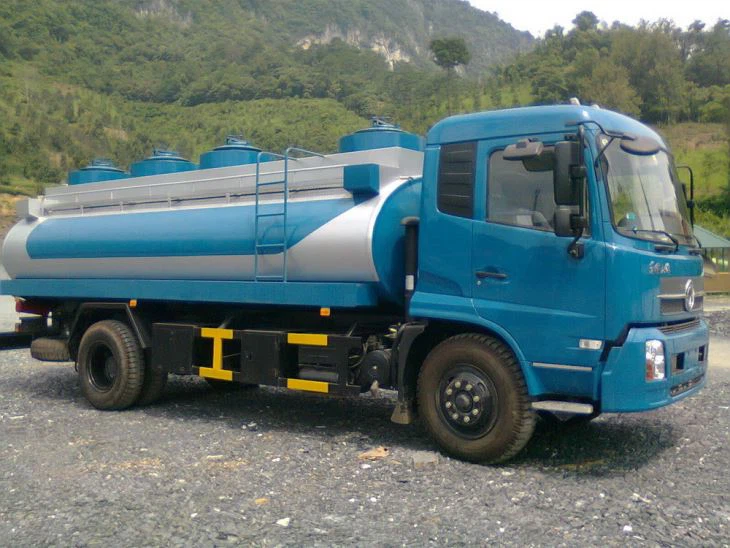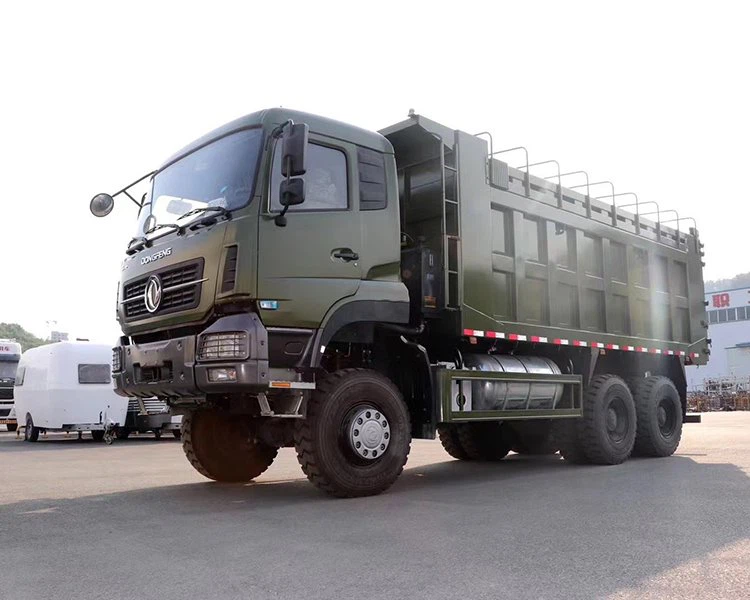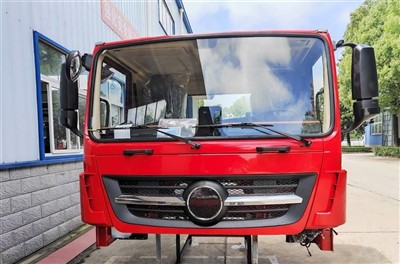All You Need to Know About Mini Camions

Introduction
The mini camion, or mini truck, is a versatile vehicle designed for a range of transportation needs. Compact yet functional, these vehicles have gained popularity in both urban and rural settings. They are ideal for small businesses, deliveries, and personal use. In this article, we will delve into the features, benefits, types, maintenance, and much more about mini camions. By the end, you’ll be equipped with all the information needed to make an informed decision about owning or utilizing a mini camion.
What is a Mini Camion?
A mini camion typically refers to a small truck or light commercial vehicle. Known for their compact size and utility, mini camions are perfect for navigating tight spaces and busy streets. Unlike full-sized trucks, they are easier to park and maneuver, making them a smart choice for urban environments.
Key Features of Mini Camions
- Size: Smaller than standard trucks, facilitating ease of driving and parking.
- Payload Capacity: Despite their size, they can carry significant weight, often ranging from 700 to 1,500 kg.
- Fuel Efficiency: Generally more fuel-efficient than larger trucks, leading to lower operational costs.
- Durability: Built to withstand tough conditions; suitable for various jobs.
Types of Mini Camions
Mini camions come in various forms to accommodate different needs. Here are some common types:
1. Kei Trucks
Originating from Japan, kei trucks are lightweight and compact, typically featuring a cab-over design. They are popular for small deliveries and agricultural tasks.
Specifications
| Attribute | Details |
|---|---|
| Engine Size | Up to 660cc |
| Payload | Approximately 350-700 kg |
2. Cargo Mini Trucks
These mini camions are designed specifically for transporting goods. They often have flatbeds or enclosed cargo areas, making them ideal for deliveries.
3. Mini Vans
Mini vans, while technically not trucks, can serve similar purposes. They offer more passenger space, making them perfect for small group transport alongside goods.
Benefits of Using a Mini Camion
When it comes to choosing the right vehicle for your business or personal needs, mini camions offer several advantages:
1. Cost-Effectiveness
Mini camions are generally less expensive than full-sized trucks, both in terms of purchase price and running costs. Fuel efficiency means you spend less on gas during operation.
2. Versatility
Whether you’re transporting goods, tools, or even passengers, mini camions are adaptable to various roles, making them valuable assets in different industries.
3. Easy Navigation
The smaller size of mini camions allows for easy navigation through crowded city streets and tight parking spaces.
How to Choose the Right Mini Camion?
Selecting the right mini camion involves several considerations. Here are key factors to keep in mind:
1. Purpose of Use
Determine what you need the mini camion for. Will it be primarily for transporting goods, delivering packages, or perhaps for personal use?
2. Payload Capacity
Assess the weight of goods you expect to carry regularly. Make sure to choose a mini camion that can accommodate your requirements.
3. Engine Type
Decide whether you want a petrol or diesel engine. Diesel engines usually provide better fuel economy but may come with higher maintenance costs.
Maintenance Tips for Mini Camions
Like any vehicle, mini camions require regular maintenance to keep them running smoothly. Here are some essential maintenance tips:

1. Regular Oil Changes
Changing the oil regularly will help keep the engine healthy and improve performance. Follow the manufacturer’s recommendations on when to change the oil.
2. Tire Maintenance
Check tire pressure frequently, as properly inflated tires improve fuel efficiency and safety. Rotate tires every 5,000 to 7,000 km.
3. Brake Checks
Regularly inspect brakes for wear and tear. Brake pads should be replaced as needed to ensure safety.
4. Clean the Exterior and Interior

Maintain cleanliness to prevent rust and other damages. Regular washing and vacuuming improve longevity and appearance.
Practical Examples of Mini Camions in Use
1. Small Business Deliveries
Local shops often use mini camions for deliveries. Their compact size allows them to reach customers in tight urban spaces easily.
2. Landscaping Services
Landscapers use mini camions to transport tools and materials to job sites. Their payload capacity is suitable for carrying soil, plants, and equipment.
3. Food Trucks
Some food vendors use modified mini camions to set up mobile food stands. This allows them to serve customers in various locations.
Environmental Impact of Mini Camions
When opting for a vehicle, consider its environmental footprint. Mini camions can be more eco-friendly than larger trucks due to their fuel efficiency. Additionally, with advancements in technology, electric mini camions are emerging in the market, further reducing emissions.
Electric Mini Camions
Electric mini camions are an excellent option for businesses looking to minimize their carbon footprint. With lower running costs and reduced emissions, they provide a sustainable mode of transport.
Frequently Asked Questions
1. What is the average cost of a mini camion?
The cost of mini camions varies widely depending on the model, age, and features. Expect to pay between $5,000 to $30,000 for a decent mini camion.
2. Are mini camions suitable for off-road use?
Many mini camions are not designed for heavy off-road use. However, certain models, especially those with 4×4 capabilities, can handle mild off-road conditions.
3. What is the lifespan of a mini camion?
With proper maintenance, a mini camion can last 10 to 15 years or more, depending on usage and care.
4. Can mini camions be used for towing?
Some mini camions are equipped for towing, but it is important to check the manufacturer’s specifications regarding towing capacity.
5. What is the fuel efficiency of mini camions?
Mini camions generally provide 10 to 20 kilometers per liter, depending on the engine type and weight carried.

6. Are there financing options for buying a mini camion?
Yes, many dealerships offer financing options for purchasing mini camions. Options may include loans, leasing, or installment plans.
